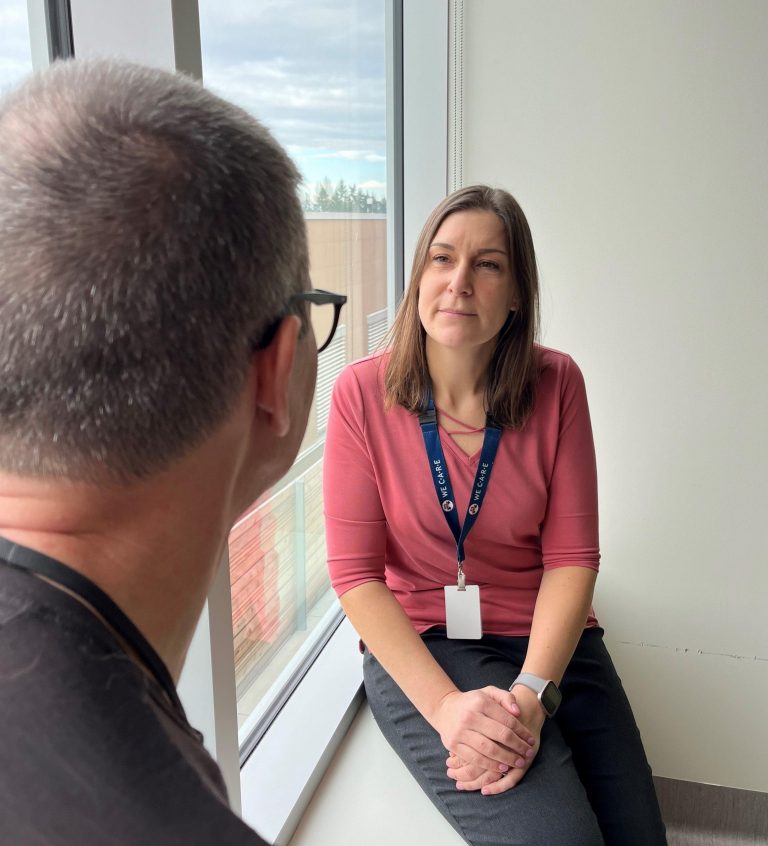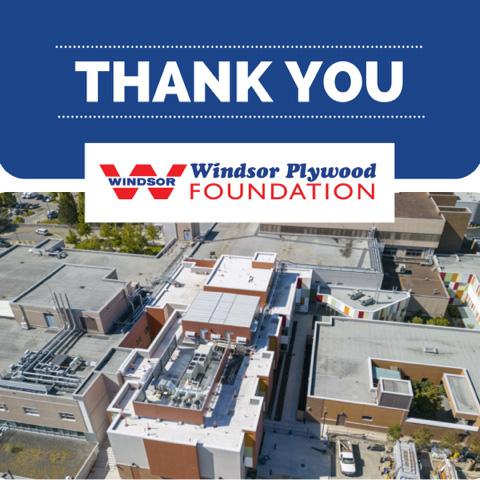Spiritual Health Care at NRGH
Incorporating spiritual care within healthcare, whether by health professionals or community visitors, has long been integral. Professional spiritual health care at NRGH commenced in the mid-1990s, initially with Chaplains coordinating religious visitors and providing spiritual and religious care. The program evolved to include Spiritual Health Practitioners in 2013, aligning with the BC Framework for Spiritual…


